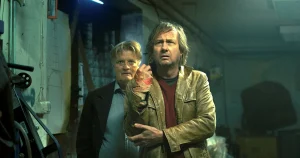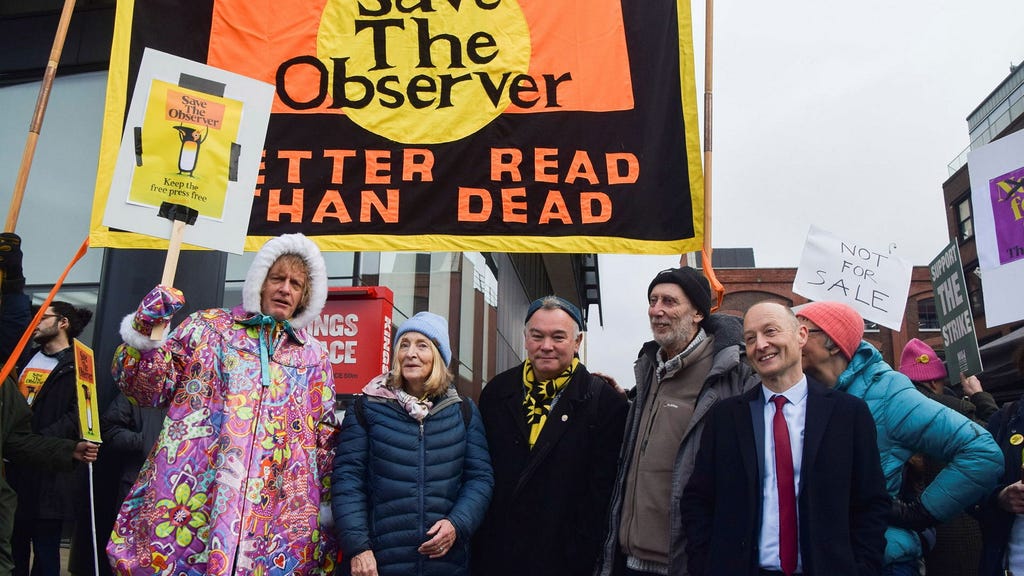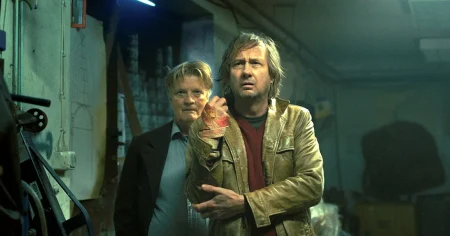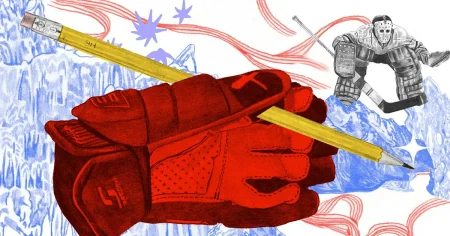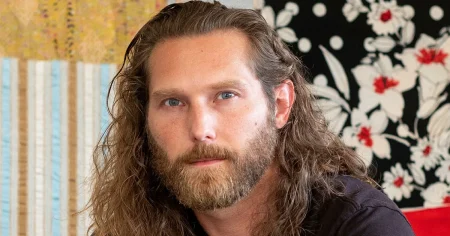The sale of The Observer, the world’s oldest Sunday newspaper, marks a significant turning point in its history, stirring controversy and concern within the British media landscape. Founded in 1791, the newspaper has been under the ownership of Guardian Media Group (GMG) since 1993. This long-standing relationship ended on Friday with the announcement of the sale to Tortoise Media, a digital media company established just six years ago. The deal, valued at approximately £25 million (around 369 million Swedish kronor), has been met with resistance and apprehension since its proposal in September.
This unease stems primarily from anxieties surrounding the future of The Observer under new ownership. Prominent figures in the British film and cultural world, including actors Hugh Grant, Sienna Miller, Ralph Fiennes, and Damian Lewis, alongside directors Gavin Hood, Stephen Daldry, and Armando Iannucci, have voiced their opposition to the sale. Their concerns primarily revolve around the potential impact on The Observer’s journalistic integrity and capacity for investigative reporting. They fear job losses and a shift in editorial direction under Tortoise Media, potentially diminishing the newspaper’s ability to uphold its long-standing tradition of in-depth, quality journalism. These anxieties are further fueled by Tortoise Media’s relative youth and digital focus, contrasting sharply with The Observer’s established print legacy.
The sale process itself has been fraught with tension, culminating in a 48-hour strike by journalists at both The Observer and its sister publication, The Guardian. This action underscores the deep-seated anxieties within the newsrooms regarding the future of their work and the potential ramifications of the ownership change. The strike followed an earlier walkout by a significant number of journalists, highlighting the strength of feeling against the proposed sale. Despite this internal opposition, GMG and its owning trust, the Scott Trust, proceeded with the transaction, signaling a prioritization of the deal despite the internal dissent.
While the sale has been met with resistance, the new ownership structure includes a provision aimed at ensuring the continued influence of the Scott Trust. As part of the deal, the Scott Trust will become a major shareholder in Tortoise Media and will hold a seat on the company’s board of directors, chaired by Matthew Barzun, the former US ambassador to the United Kingdom. This arrangement seeks to provide a degree of continuity and safeguard The Observer’s values within the new ownership structure. It represents an attempt to balance the financial realities of the sale with the preservation of the newspaper’s historical legacy and journalistic principles.
James Harding, editor and founder of Tortoise Media, has sought to allay fears surrounding the sale, emphasizing a long-term vision for The Observer’s future. He has publicly pledged to uphold the newspaper’s commitment to liberal, groundbreaking journalism and to protect its reputation as a defender of human dignity. Harding, who previously held senior editorial positions at the BBC and The Times, brings considerable journalistic experience to the table. His assurances are intended to instill confidence in The Observer’s readership and staff, promising a revitalized future for the historic publication under Tortoise Media’s stewardship.
The acquisition of The Observer by Tortoise Media represents a bold move in the evolving media landscape, merging a historic print publication with a digitally focused news organization. The success of this venture hinges on the ability of Tortoise Media to navigate the complex challenges of integrating these distinct journalistic cultures. While the financial investment offers the potential for innovation and expansion, the true measure of success will be the preservation of The Observer’s journalistic integrity and its continued ability to provide insightful and impactful reporting. The future holds both opportunities and uncertainties for The Observer, as it embarks on this new chapter under the ownership of Tortoise Media. The scrutiny of both its staff and its loyal readership will undoubtedly continue as the transition unfolds, holding the new ownership accountable for its promises and its stewardship of this historic publication.


